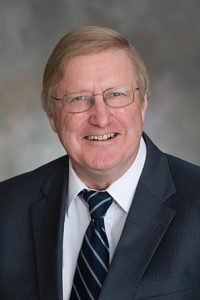Medicaid reimbursement from hidden assets approved
Prior to legislation passed in 2015, the state could recover only assets from a probate estate to settle a Medicaid debt. That bill adopted the federal definition of an estate to include additional assets in an attempt to combat the hiding of assets.

A bill passed May 16 provides guidance on implementing the expanded asset recovery program. Introduced by Columbus Sen. Paul Schumacher, LB268 specifically itemizes which assets are eligible for recovery by the state Department of Health and Human Services (DHHS).
Under the bill, a person applying for Medicaid assistance will be required to disclose all interest in real estate, trusts, corporations, limited liability corporations or other entities, as well as any income derived from them. Failure to disclose such interests will result in any received assistance being declared illegally obtained and subject to recovery by the state.
If an applicant for assistance retains an interest in an asset that has been transferred to a relative for less than a commercially reasonable price, the income derived from the asset transfer also will be subject to recovery.
DHHS can bring an action to recover unlawfully obtained medical assistance against the estate of a Medicaid recipient within five years after his or her death and that of any remaining spouse.
LB268 defines a recipient’s estate as any real estate, personal property or other asset in which the recipient had any legal title or interest at or immediately prior to the time of the recipient’s death, including insurance policies and annuities in which the recipient had an interest.
Assets eligible for recovery under the bill include securities, bank accounts, intellectual property rights, contractual or lease rights and other similar types of assets. Determinations by DHHS as to whether a transfer of assets is commercially reasonable can be appealed.
The bill passed on a 37-11 vote.

